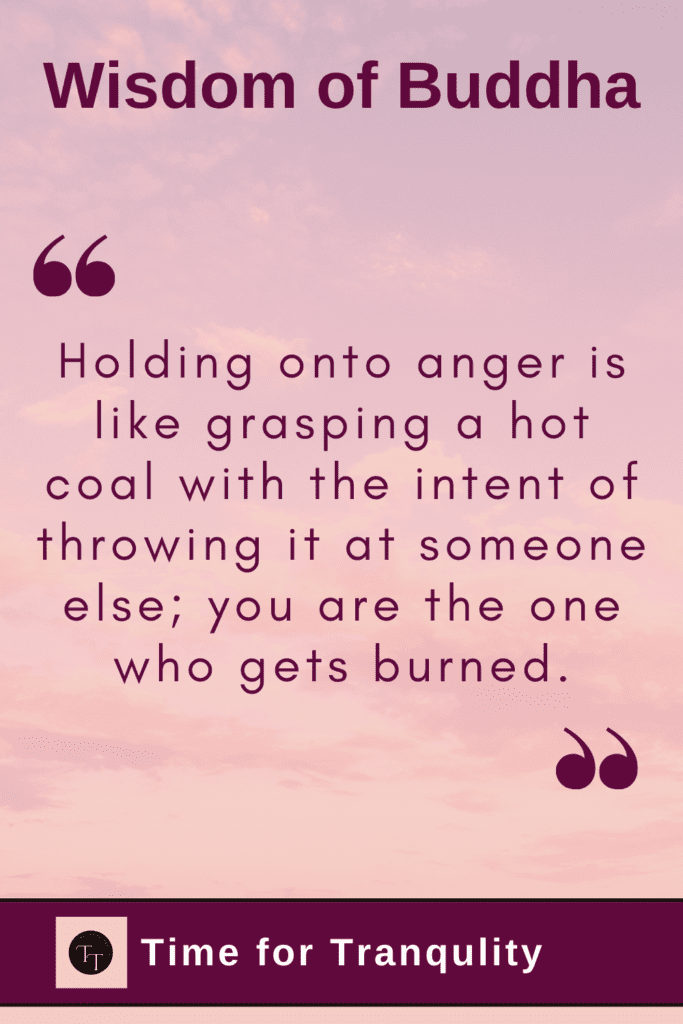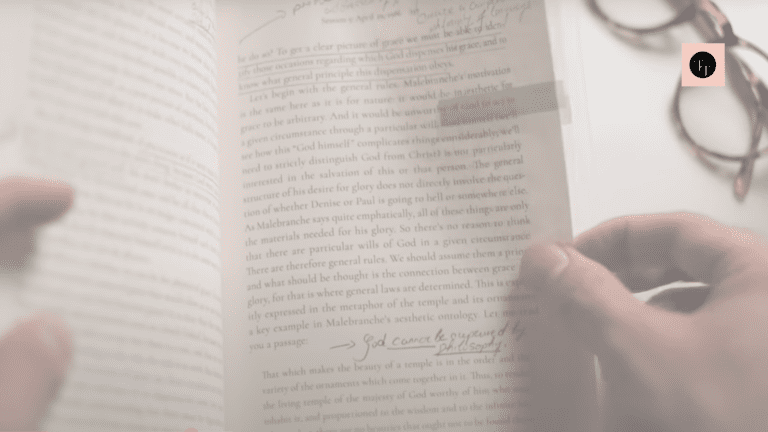Forgiveness and Healing: Way to Stop Agonizing Over the Past!
I get it. As you age, the hurt and pain, inflicted on you keep haunting you. It is not easy, but forgiveness and healing are the only solutions to a happy and blissful future. The hardest thing to do is to let go of the pain you’ve been carrying for so long.
It might be hurt from something that happened years ago or an injustice that still feels fresh. Memories, especially of hurt, do not fade away. Your trying to understand why things turned out the way they did keeps replaying in your mind. It is a living hell!
You want those who hurt you to be held accountable. You want them to suffer, but the only person still suffering is you.

Carrying that weight of the grudge is exhausting, like a shadow you can never quite shake off.
Forgiveness doesn’t mean pretending the hurt never happened or wasn’t significant. It doesn’t mean you forget the lessons you’ve learned or open yourself up to more pain.
Forgiveness is about permitting yourself to find peace. Release the heavy burden and live a good spiritual life in your golden years. You deserve to live the years ahead with more lightness, calm, and joy.
Forgiveness and healing are not about excusing the other person’s inappropriate behavior. It is about choosing to free yourself from the chains of resentment and finally begin to live in tranquility.
Forgiveness and Healing Relationship
Resentment can be a heavy burden. When you hold onto anger or pain from the past, it doesn’t just affect your emotions—it can take a toll on your body as well.
Scientific studies support the fact that forgiveness and healing go hand in hand.
“Forgiveness is associated with lower levels of anxiety, depression, and major psychiatric disorders. It is a profound emotional response that promotes well-being.”
— American Psychological Association
Forgiving and releasing this burden is not about letting others off the hook; it’s about freeing ourselves. True healing begins when we allow forgiveness to lift this weight.
When you cling to anger and hurt, it can make you feel tired, anxious, or even physically unwell. Stress, anxiety, and high blood pressure are often a result of unresolved negative emotions. Forgiving helps both the body and mind to heal.
These teachings remind us that the pain we hold onto most harms us.
Forgiveness is less about the person or event that hurt you; it is about you and your healing process. When you forgive, you let go of the poison that has been hurting you mentally and physically. Forgiveness creates room for peace, love, and tranquility to enter your heart and life.
True Forgiveness & Self-Forgiveness
Forgiveness can be confusing, and it’s easy to see why so many people struggle. You are often told, “Forgive and Forget”. However, forgiving and forgetting implies that you pretend the hurt wasn’t real.
But that’s not what forgiveness is at all. Forgiveness is about freeing yourself from the pain that still lingers. It’s letting go of the tight grip that the past has on you and finding peace.
Forgetting, on the other hand, means that you are ignoring life’s valuable lessons. You are telling yourself what happened was okay and it will not happen again. This is a recipe for the possibility of getting hurt again.
You don’t want to be hurt again. You have learned your lesson. By forgiving, you are simply choosing not to carry the burden of resentment any longer. You are going to move on and live a joyful and peaceful life.
Remember that forgiveness also includes forgiving yourself. It is natural to feel guilty for past mistakes. Maybe you regret some of the decisions you made in life.
But holding onto that guilt only causes more pain. Just like we extend kindness to others, we need to show the same compassion to ourselves. Self-forgiveness is an important step in healing. Open yourself to a more peaceful and fulfilling life by forgiving and letting go of that self-blame.
Embarking on the Path of Forgiveness and Healing
Forgiveness can feel like a big mountain to climb, but like anything else, it starts with small, daily steps. The good news is that you don’t have to take on everything at once.
There are gentle practices you can do every day that will help you release the hurt little by little, making the process of forgiveness feel more manageable. These simple actions will gradually heal you and bring peace and tranquility to your life.
Meditation
Meditation is a game changer at any age and the practice can make you joyful in your golden years. Start small, maybe just five minutes a day. You will start to see the difference. As time passes and you become more proficient, gradually increase the duration.
Metta, or loving-kindness meditation, is especially, powerful for forgiveness. In this practice, you start by offering kindness to yourself. Silently repeat phrases like, “May I be happy. May I be peaceful. May I be free from pain.”
Then, slowly extend those wishes to others and eventually to the person who hurt you. It’s a way of softening your heart. You will find the anger in your heart gradually dissipate.
Journaling
Journaling is another easy and useful tool. It gives you a safe space to get all your feelings out without judgment.
Try writing a letter to the person who hurt you. Pour out everything you want to say—how they hurt you, how it made you feel, and anything else that’s on your heart.
The key is not to send it. This exercise is for you, not them. When you’re finished, you might want to burn it. This symbolic gesture will make you feel lighter. You will feel as if all your anguish and hurt has gone up in smoke. They have no place in your heart any longer.
Affirmations
Short affirmation phrases you can repeat throughout your day also help shift your mindset. Say to yourself, “I release this burden to free my heart.” You can say it when you wake up, before bed, or anytime you feel that old pain creeping back. Over time, this helps remind you of your commitment to let go and find peace.
Visualization
Lastly, visualization is a gentle but powerful way to work through forgiveness. Close your eyes and imagine holding the pain or anger in your hands, like a heavy stone. Then, picture yourself slowly putting that stone down.
Imagine yourself walking away from the stone, lighter and free. Visualization can help your mind and heart feel the release you’re working toward.
These practices might seem small, but they add up. You’re one step closer to forgiveness and healing, each time you meditate, journal, repeat an affirmation, or visualize. Over time, you’ll start to feel the burden lift. There will be more room in your heart for peace.
In Conclusion
Forgiving and Healing is a gradual process. In addition to the above steps, try incorporating a few spiritual practices—like yoga, quiet moments in nature, or a Zen tea ceremony—in your daily routine, to nourish your heart and mind.
By giving yourself space to breathe and reconnect, you become more receptive to forgiving and healing.






